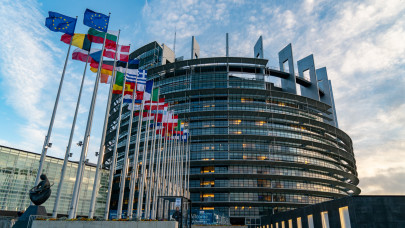MEPs in plenary adopted a report prepared by the Committee on the Environment, Public Health and Food Safety (ENVI) on revising the EU's ecodesign framework for sustainable products, by 473 votes in favor, 110 against, and 69 abstentions.
In their negotiating mandate, MEPs strengthen the measures proposed by the Commission to ensure longer product lifespans and better-informed consumers.
The lifetime of a product should not be limited through design features. Software updates, consumables (e.g. ink cartridges, light bulbs, coffee pads), spare parts, and accessories must also be available for an appropriate period. A new “product passport” containing accurate and up-to-date information would be set up to increase transparency and enable consumers to make informed purchasing choices.
The text asks the Commission to prioritize the setting of sustainability requirements for a number of product groups in the upcoming ecodesign measures, such as iron, steel, aluminum, textiles, furniture, tires, detergents, paints, lubricants, and chemicals. MEPs also want a specific ban on destroying unsold textiles and electrical and electronic equipment.
“It's time to end the ‘take, make, dispose' model which is so harmful to our planet, our health, and our economy. This law will ensure that new products are designed in a way that brings benefits to everyone and which respects our planet's boundaries and protects the environment. Sustainable products will become the norm, allowing consumers to save energy, make repairs easier, and make smart environmental choices when they shop - saving themselves money in the long run”, says rapporteur Alessandra Moretti (S&D, IT).
Parliament is ready to begin talks with national governments on the final form of the law.
On 30 March 2022, the Commission put forward a proposal for a regulation to establish a general framework for setting ecodesign requirements for sustainable products and to repeal current rules which focus on energy-related products only. The revised rules would apply to almost all products on the internal market (except food, feed, medicinal products, and living organisms). The proposal is part of a circular economy package, which also includes an EU strategy for sustainable textiles and a proposal on empowering consumers for the green transition.
In adopting this report, Parliament is responding to citizens' expectations to build a circular economy by promoting sustainable EU products and production and to support the shift to a sustainable and resilient growth model, as expressed in Proposals 5(1), 5(7), 5(10), 11(1) and 11(2) of the conclusions of the Conference on the Future of Europe.














